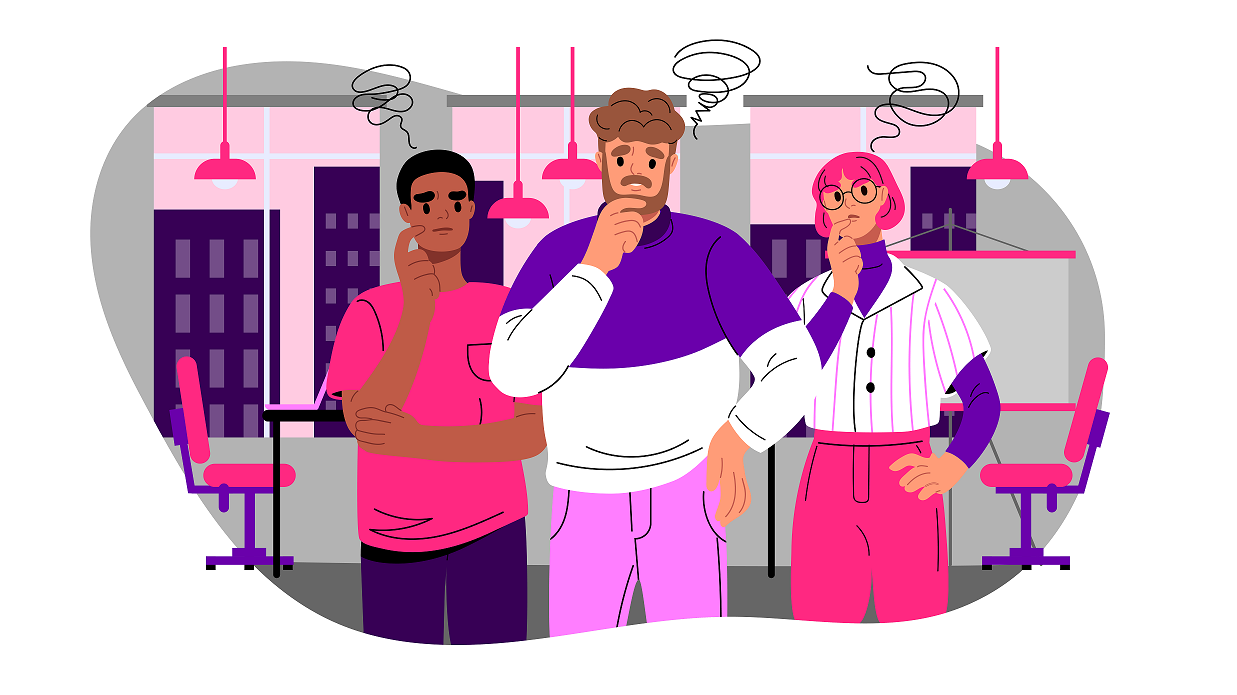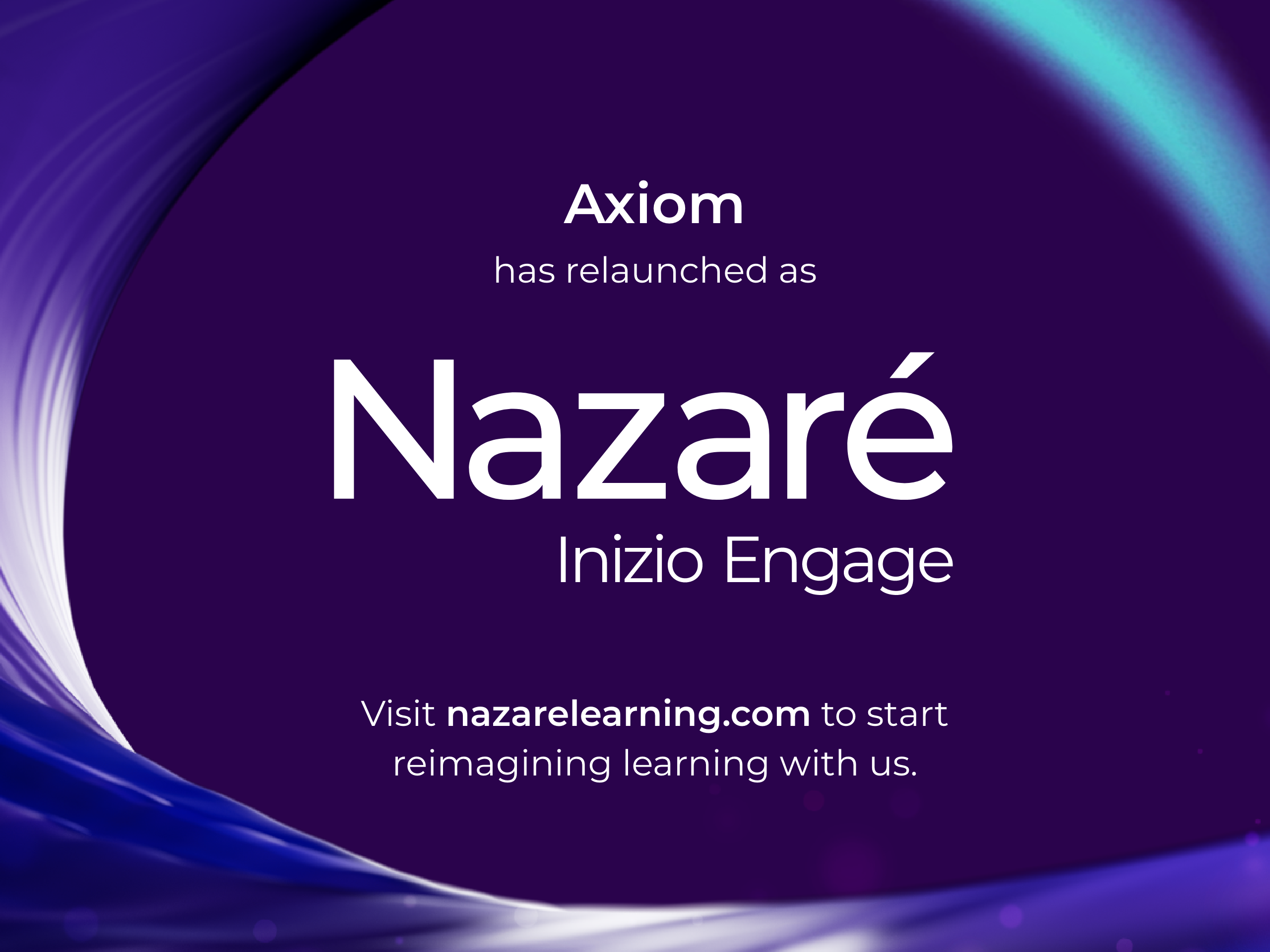
Applying behavioral science to create meaningful HCP conversations
“Another month and already another catch-up meeting? Not much has changed, what should I say this time?” Many of us recognize the importance of scheduling ongoing catch-up meetings with our customers and colleagues. However, those meetings seem to come around too quickly and we find ourselves in an uncomfortable position, asking “what should I say if there’s nothing new to say?” We know this is a particular challenge for frontline sales teams, in roles where engagement metrics for both new and prospective customers are fundamental to performance.
Whilst it may be tempting to push the meeting to the following week, behavioural science tells us that there are a host of hidden benefits to conversation. Here are just three ways behavioural science reveals how conversations can create value, even when there’s nothing new to say…
1/ The hidden benefit of talking things through
Talking things through with others can help us gain a greater sense of clarity and confidence in the decisions we make. Indeed, conversation is the cornerstone of psychological treatments such as ‘Talking Therapies’, which help patients to make sense of their thoughts, feelings, beliefs, actions and intentions in a coherent way, while also reducing negative emotions such as stress and anxiety.
When it comes to conversations with customers, talking things through can also drive deeper levels of consideration and guide better investment decisions in the long run, particularly when customers feel uncertain. So, allowing customers to talk things through and showing your willingness and ability to listen to their recent experiences and opinions on relevant matters can add significant value.
2/ The hidden benefit of positive friction
When behaviours and actions are in ‘autopilot’ and guided by our existing habits and other implicit biases, we might find we’re not always taking the most effective decisions and actions. For example, we might see some customers behaving in line with the status quo, choosing the same product or service over and over again, despite the availability of new and better alternatives.
However, through simply talking to customers about their current choices and asking “why?”, we can create ‘positive friction’ – brief disruptions which force reflection and possibly even re-evaluation of their current decisions and actions. What’s more, positive friction can also help raise the salience of other options available to customers and help them to realize how they may benefit from change.
3/ The hidden benefit of 'soft data'
There is more to conversation than the exchange of hard data and facts. We also communicate soft data, such as opinions, expectations, assumptions and ideas, which can be hugely influential in changing others' attitudes and perceptions. Dual process models of human thought also explain that we’re not always processing information in a controlled, systemic way; instead, we often take mental shortcuts to make sense of information quickly to save time and energy.
So it comes as no surprise that a customer’s purchase decisions are not always the result of carefully weighing up the pros versus the cons. More often than not, customers benefit from the ‘softer’ information we provide, helping them to come to conclusions quickly, efficiently and with confidence.
How might we help others to resist the temptation to reschedule their next catch-up meeting?
As part of The Creative Engagement Group, Axiom has access to in-house behavioral scientists that believe that applied behavioural science has the potential to help teams unlock their potential to be both effective and engaging in conversations – whatever the topic. As well as making teams aware of the rich opportunities from conversations (even when there's nothing to say), behavioural science can help in two other important ways.
Firstly, it can help teams to extract meaningful real-time behavioural insights in their conversations to build a richer understanding of the factors which can drive or block engagement.
Secondly, it can equip teams with a palette of practical behavioural science techniques to support effective conversations, including ways to create positive friction, through to message framing techniques which can help capture the attention of their audiences in the moment.
- Help your customer feel comfortable sharing their thoughts with questions such as 'I'd really like to hear more of your thoughts on this bit of information…’ Start with recounting reflections from other meetings, so your customer knows they're not the first to go!
- Help your customers create their own constructive friction by gently pushing them to explain the 'why' behind their current decisions or actions. Prompt them to explore counterfactual situations, or simulate alternatives to place useful stress on their existing opinions.
- Help your customer recognize the hidden value in soft data by sharing informal or tacit insights from other conversations. This might include sharing social norms around what your customer's peers are thinking or doing, or short vivid testimonials or anecdotes from influential others.





